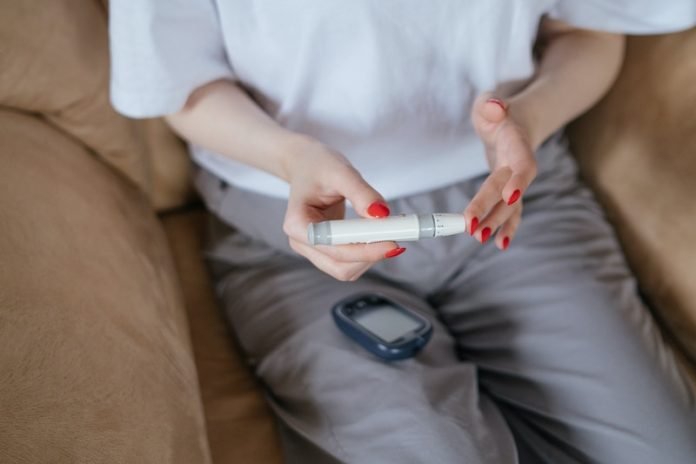
New research has found that the younger you are when you get Type 2 diabetes, the more likely you are to have memory problems when you’re older.
This could be a big deal because lots of people in the United States are at risk for getting diabetes. The study also looked at something called prediabetes, which is a sort of warning sign that you might get diabetes later on.
While prediabetes itself doesn’t seem to cause memory problems, people with prediabetes often end up getting diabetes—and that can affect their brain health.
Diabetes is a common health problem where your body can’t manage sugar properly. This condition has been growing quickly, especially in the United States.
According to the Centers for Disease Control and Prevention (CDC), more than 34 million Americans have diabetes, and most of them have Type 2 diabetes.
That’s more than 10% of the U.S. population! What’s more, many people have prediabetes, which is like a yellow traffic light telling you that you’re on the road to possibly getting diabetes.
A shocking 38% of American adults, nearly 96 million people, are in this prediabetes zone.
This isn’t just an American problem, though. Worldwide, around 463 million adults were living with diabetes in 2019, according to the International Diabetes Federation.
That number is expected to rise to 700 million by 2045. Diabetes can cause a lot of health problems, like heart disease and kidney failure.
Now, this new study tells us it might also cause memory problems, making it even more important to tackle this condition early on.
The Simple Explanation:
For the study, researchers used information from a big project that started in the late ’80s. They followed over 11,000 people who were between 45 and 64 years old at the beginning.
The researchers checked their blood sugar levels and did some simple memory tests. What they found was interesting:
Prediabetes itself didn’t make people more likely to have memory problems. But people with prediabetes often go on to get diabetes, which was linked to memory issues.
People who got diabetes before turning 60 were three times more likely to have memory problems later in life.
If people got diabetes between 60 and 69 years old, they were 73% more likely to have memory problems.
If they got diabetes between 70 and 79 years old, the risk was smaller, at 23%.
For people who got diabetes when they were 80 or older, there was no extra risk of having memory problems.
So, the main point is: the younger you are when you get diabetes, the higher the risk that you’ll have memory issues when you get older.
What Can We Do About It?
The researchers say that one of the best things we can do is try to prevent diabetes in the first place. That’s because the link between prediabetes and memory problems seems to be mostly because prediabetes often leads to diabetes.
Keeping an eye on your blood sugar levels and making healthy lifestyle changes can go a long way in preventing diabetes and, in turn, potential memory problems.
This is big news and could affect a lot of people. It gives us one more reason to eat healthily, get regular exercise, and go to our doctor for check-ups.
Early action can make a big difference in keeping both our bodies and our minds healthy as we age.
If you care about diabetes, please read studies about berries that can help prevent diabetes, obesity, and cancer, and new drugs to treat diabetes and metabolic syndrome.
For more information about diabetes, please see recent studies about the normal blood sugar for people with diabetes, results showing that Zinc may be the key to better diabetes treatments.
The study was published in Diabetologia.
Follow us on Twitter for more articles about this topic.
Copyright © 2023 Knowridge Science Report. All rights reserved.



